BioMed Revision

Disclaimer
Whilst some care has been taken to check externally linked websites no responsibility is offered nor implied for the suitability, legality or reliability of content therein.
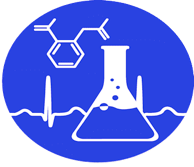
PLAGIARISM THE ENEMY OF LEARNING & SUBVERSION OF RESEARCH*
Here are some quick guides:
-
•The headlines in a quick summary (4.1M) download:
-
•A simple good worked example (245k download):
-
•Detailed reference table of risks to avoid (website):
-
(incl your own work if published in a journal that asserts its own copyright)
*Notice that even these examples have an acknowledgment of source !



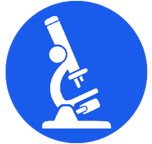
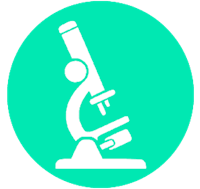
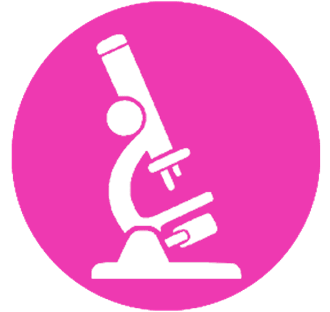
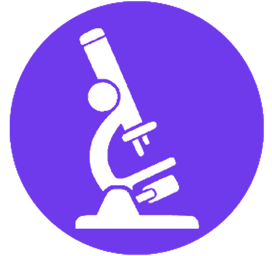
SYLLABUS
Cardiff Met: Biomedical Science BSc (Hons) Course
Year One
Students will gain an understanding of human physiology, biochemistry, cell biology, genetics, microbiology and immunology. Laboratory and teaching sessions will provide students with the scientific knowledge and technical skills that will prepare them for Years 2 and 3. In addition, students will be able to develop relevant analytical, communication and transferable skills.
Modules (All Core):
-
•Biochemistry (20 credits)
-
•Cell Biology & Genetics (20 credits)
-
•Anatomy & Physiology (20 credits)
-
•Infection & Immunity 1 (20 credits)
-
•Laboratory Skills & Data Analysis (20 credits)
-
•Personal & Inteprofessional Development 1 (20 credits)
Year Two
You will gain more understanding of molecular biology and acquire expertise in a range of specialist investigative techniques; epidemiology & data analysis; and research methods. Coverage of areas such as medical biochemistry, cellular pathology, haematology, transfusion science, medical microbiology, immunology, pharmacology and toxicology will explore the nature, importance and treatment of disease processes. In addition, a professional development module will encourage students to consider their own career aspirations, and help them to develop key transferable skills that will assist in their preparation for future employment.
Modules (All Core):
-
•Analytical, Research & Diagnostic Methods (20 credits)
-
•Blood & Cellular Sciences (20 credits)
-
•Infection & Immunity 2 (20 credits)
-
•Molecular Biology & Genetics (20 credits)
-
•Personal & Interprofessional Development 2 (20 credits)
-
•Physiology, Pharmacology & Toxicology (20 credits)
Year Three
The final year focuses on the integration of previously acquired knowledge to provide students with an appreciation of the multidisciplinary approach to research, diagnosis and management of disorder and disease. Subjects covered will include the laboratory investigation of disease, bioinformatic analysis, translational research and a selection of topics of current relevance to biomedical science. The final year research project will further encourage independent learning, the continued development of technical research skills, scientific writing and critical analysis.
Modules (All Core):
-
•Biomolecular Analysis (20 credits)
-
•Contemporary Topics in Biomedical Sciences (20 credits)
-
•Project (40 credits)
-
•The Biology & Laboratory Investigation of Disease (20 credits)
-
•Translational Research (20 credits)
